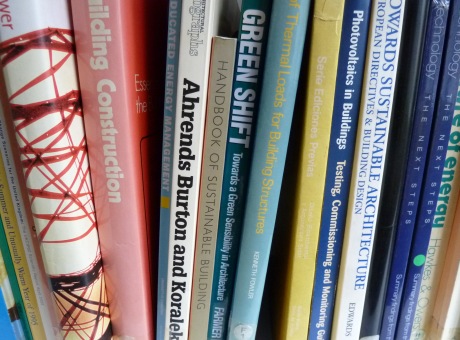Modal shift of passenger transport in a TIMES model: Application to Ireland and California

1 January 2015
Climate change mitigation clearly requires a focus on transport that should include improved representation of travel behaviour change in addition to increased vehicle efficiency and low-carbon fuels. Energy system models focus however on technology and fuel switching and tend to poorly incorporate travel behaviour. Conversely, transport demand modelling generally fails to address energy and climate policy trade-offs. This chapter seeks to make energy systems analysis more holistic by introducing modal choice within passenger transport in a TIMES model, to allow trade-offs between behaviour and technology choices explicit. Travel demand in TIMES models is typically exogenous-no competition exists between alternative modes. A simple illustrative TIMES model is described, where competition between modes is enabled by imposing a constraint on overall travel time in the system. This constraint represents the empirically observed travel time budget of individuals, constraining the model choosing between faster and more expensive modes (e.g. cars) and slower but cheaper mode (e.g. buses or rail).
Modal shift of passenger transport in a TIMES model: Application to Ireland and California. Lecture Notes in Energy, 30 279-291.
Daly, H.E., Ramea, K., Chiodi, A., Yeh, S., Gargiulo, M., Gallachóir, B. (2015)
The full text of this article is not available through UCL Discovery.
 Close
Close

